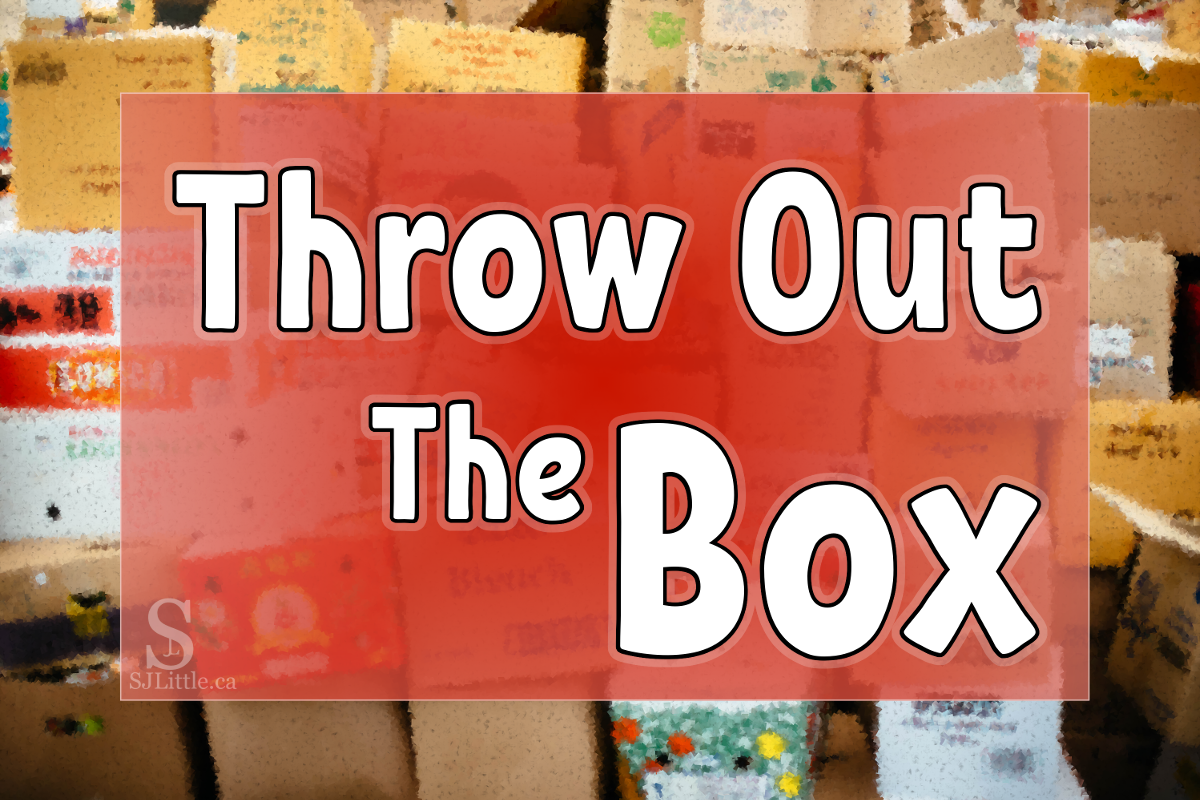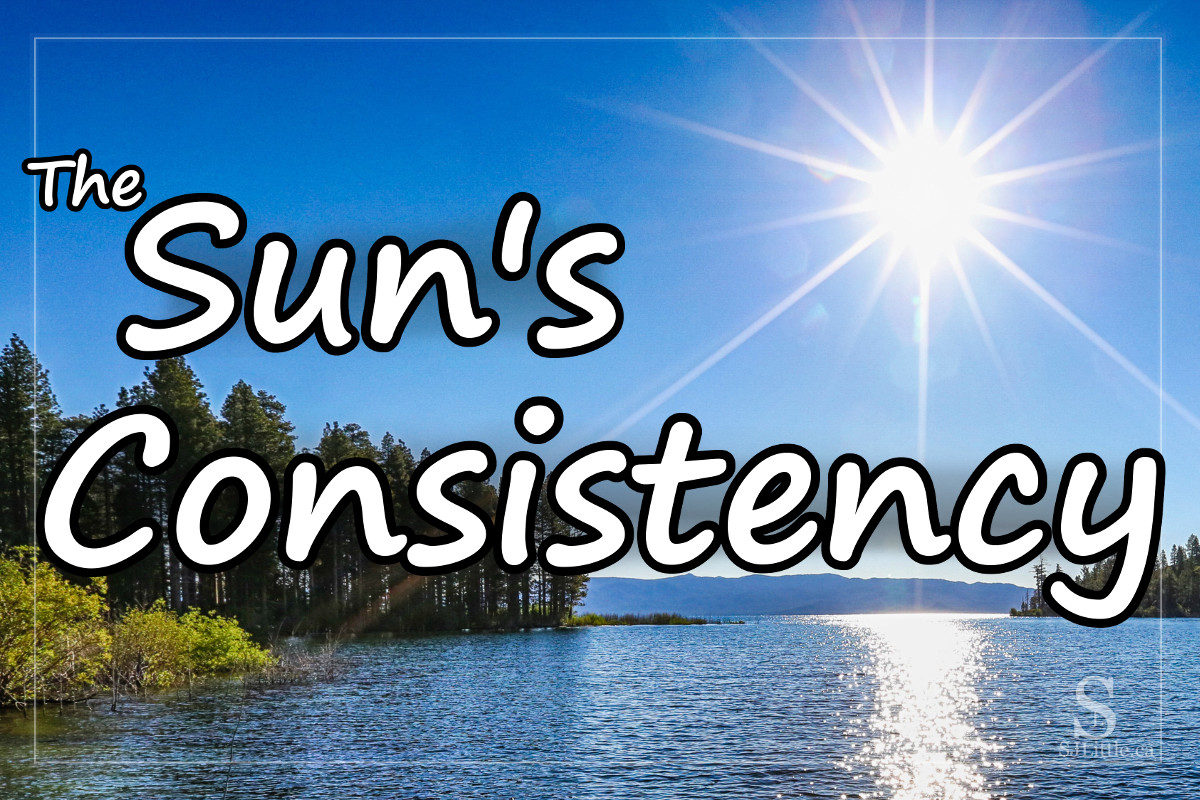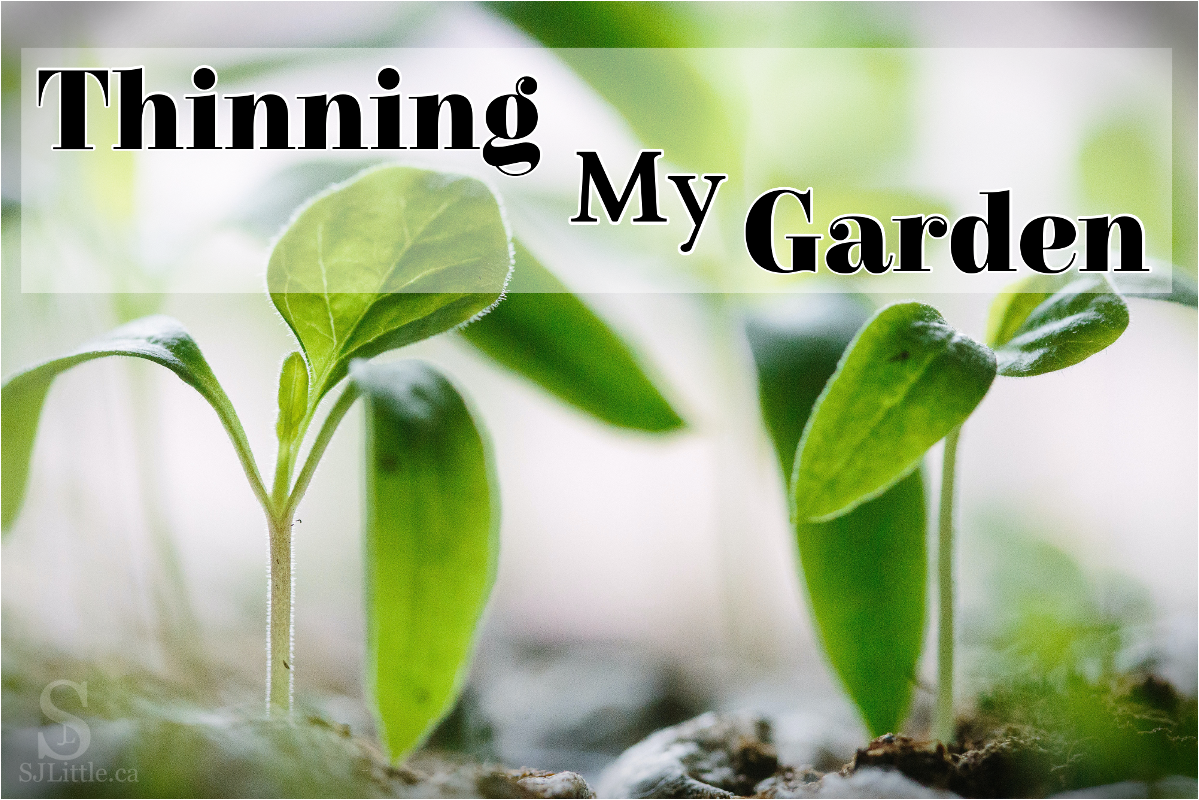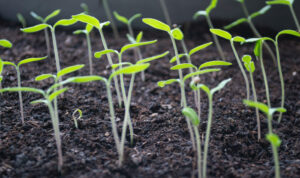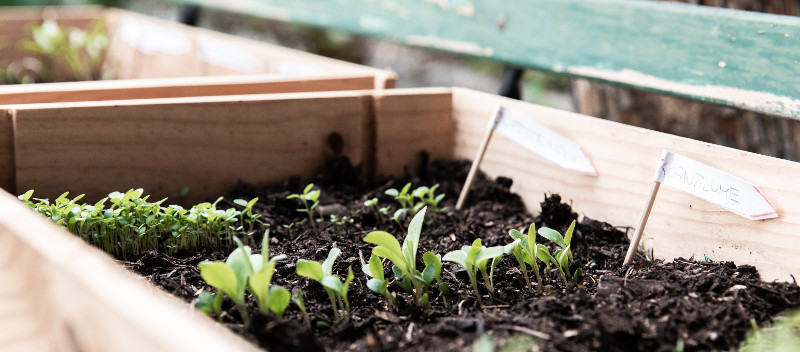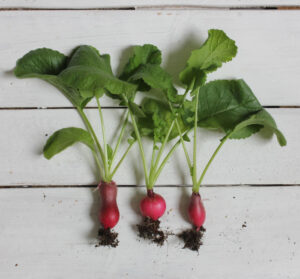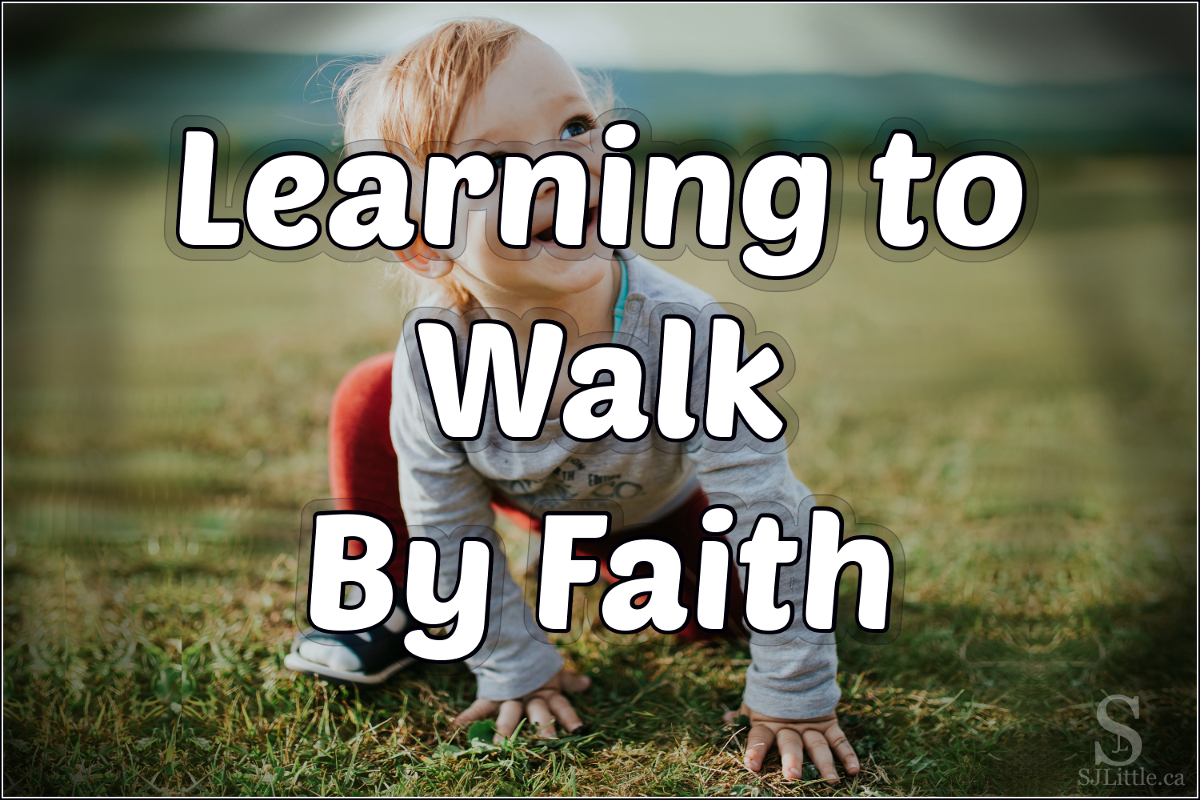
The Bible tells us that we are to walk by faith, not by sight (2 Corinthians 5:7). Do Christians instantly master walking by faith the moment they meet Jesus, or is it a process?
I’ve been watching my baby learn to walk recently. It’s been quite intriguing. Let me tell you what I mean.
—*—
“Can you do it? Can you walk to Mommy?”
Squatting across from my baby, I coax her to take a step. My husband holds her just out of my arm’s reach.
Will this be the moment?
I look at my husband. “Do you think she can do it?”
She’s been doing all the right things. She loves strolling the hallway holding my fingers. Recently she’s gained confidence in holding onto only one finger. She’s been getting so much more stable. Surely she can do it. Surely this will be the moment.
“Come on, girl. You can do it. Come to Mama.”
Clinging to her dad’s hand, my little one steps toward me as far as she can.
I shift back leaving a foot-long gap.
“Come on. You gotta let go to walk to Mama.”
But that’s scary. She doesn’t want to let go. She might fall.
She whines a little, reaching for me, but not wanting to let go.
Then she does it. She lets go and takes two steps before plunging headfirst toward me.
I catch her in time.
We cheer. She beams her biggest smile.
I turn her around.
“Now walk to Daddy. You can do it.”
She takes a deep breath.
Clinging to my finger, she walks to the very edge of my reach.
Then she does it. She lets go, takes two steps, and plunges headfirst toward her daddy.
He catches her.
We celebrate again.
My baby is walking! How exciting is that?!
—*—
The next few days I watched for her to initiate walking on her own. She didn’t.
I was surprised. I thought a baby who could walk would, well, walk.
It wasn’t until, a couple of evenings later, when my husband and I sat across the living room from each other urging her to walk between us that she walked by herself again.
This time, she went a little farther. Still, she only dared walk if one of us was there to catch her.
So many people had told me that as soon as she learned to walk she’d be running around with me chasing behind.
I subconsciously concluded that as soon as she took those first steps, it would be as though a light turned on and then within hours, or maybe minutes, she would be toddling all over. I was wrong.
For the first week, she could barely take more than 3 steps before toppling headlong. Gradually, with practice, she increased the number of steps she could take.
For what seemed a long time, she only walked if a person or soft couch was her destination – something safe to catch her fall.
It was more than two weeks after those first steps before she dared venture into the middle of the room by herself where she immediately plopped down to play with a toy.
It has been fun watching her ability and confidence grow. Both are needed to walk well.
Likewise, learning to walk by faith is a process. It does not happen overnight. To start, I must take those terrifying first steps. Then I must practice taking just a few unsteady steps again and again.
Some days I might get discouraged when I notice I am walking by sight rather than by faith. I must not let that trap me in defeat. With God’s help, I must get back up and try to walk by faith again.
Gradually my ability and confidence will increase as I place my confidence not in myself, but in my God. (2 Corinthians 3:4-5)
It takes time and persistent practice to grow in my ability to walk by faith. If my baby gave up practicing walking and simply crawled everywhere, she would never learn to walk.
I must allow myself to try again even when I fall and get a bump.
Today, may I not give up, but rather, with God’s help, may I be persistent in practicing walking by faith.



